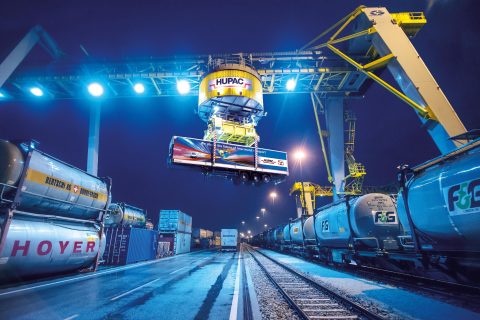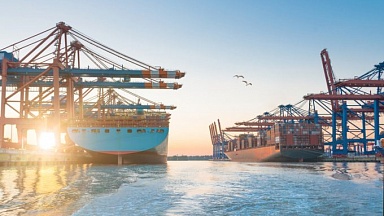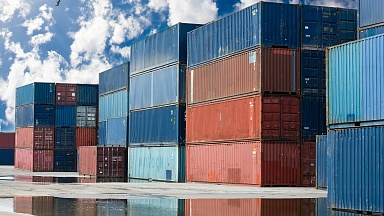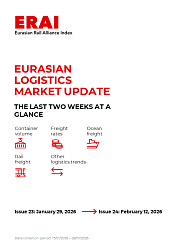The group would like to assure the logistics sector and their customers that the combined transport sector maintains its operations and keeps transshipment terminals open. This is in contrast with road, which is expected to experience limitations due to the lockdown of, at this point, 12 cities in Northern Italy. Counties are currently debating the closure of borders with Italy for all human movement.
Ideal modality
Contship Italia Group, which operates between Italy and Northern Europe, reaffirms the message. «We would like to advise all its customers and business partners that terminal operations in La Spezia (LSCT), Ravenna (TCR) and Melzo (RHM), as well as all intermodal transport services run by Hannibal and Oceanogate Italia, continue to operate as normal.» Likewise, RailCargo Group, which runs for example the rail freight service Milan-Lubeck, confirms that there is no sign at this point that these services would be disrupted.
«Unaccompanied Combined Transport, where the cargo travels without a driver riding along the entire journey of each truckload, is ideal to facilitate longer distance cargo flows throughout Europe in a time when the usual logistics-chains and the continued supply of consumers have come under threat of disruption», the UIRR said. «The movement of intermodal loading units and the loading and unloading activities at terminals generally involves local staff, who do not need to travel over long distances.»
According to the interest group, all necessary preventive measures have been taken. These measures include the necessary precautionary guidance and protective measures to staff and business partners to ensure smooth operations.
Italy outbreak
With seven deaths and 229 people infected, Italy is currently the most affected region outside Asia. The coronavirus had spread to more than six regions in the country as of Monday morning, the Associated Press reported. The two most infected regions are Lombardy and Veneto, with important cities such as Milan and Venice.
For rail freight, Northern Italy is an important region. Melzo (Milan) and Verona are frequented terminals for traffic to and fr om countries such as Switzerland, Germany and the Netherlands. But also Genoa and Venice are important logistics hubs, as they are the maritime gateways into Northern Italy.
Moreover, from Genoa vessels start their journey to China, which is already affected in terms of cargo volumes due to the coronavirus. According to Trasportounita, the port must expect that both imports from and exports to the People’s Republic will shrink by 20 per cent. This affects entire transport chains between the two countries, the Italian logistics authority said.
In China
In China, wh ere the outbreak of the coronavirus is much more severe, the impact on the logistics industry is huge. Here, staff has been largely unavailable in the month of February because they were either advised to stay at home, or restricted from travelling, after many had travelled across the country for the celebration of Chinese New Year.
Staff is gradually returning back to work at the moment, but first mile services remain a problem due to the many road blockades. Also here, intermodal transport seems to be the most successful solution to bring goods to Europe as fast as possible. Vessels have reported blank sailings and in air freight the rates have increased significantly.




